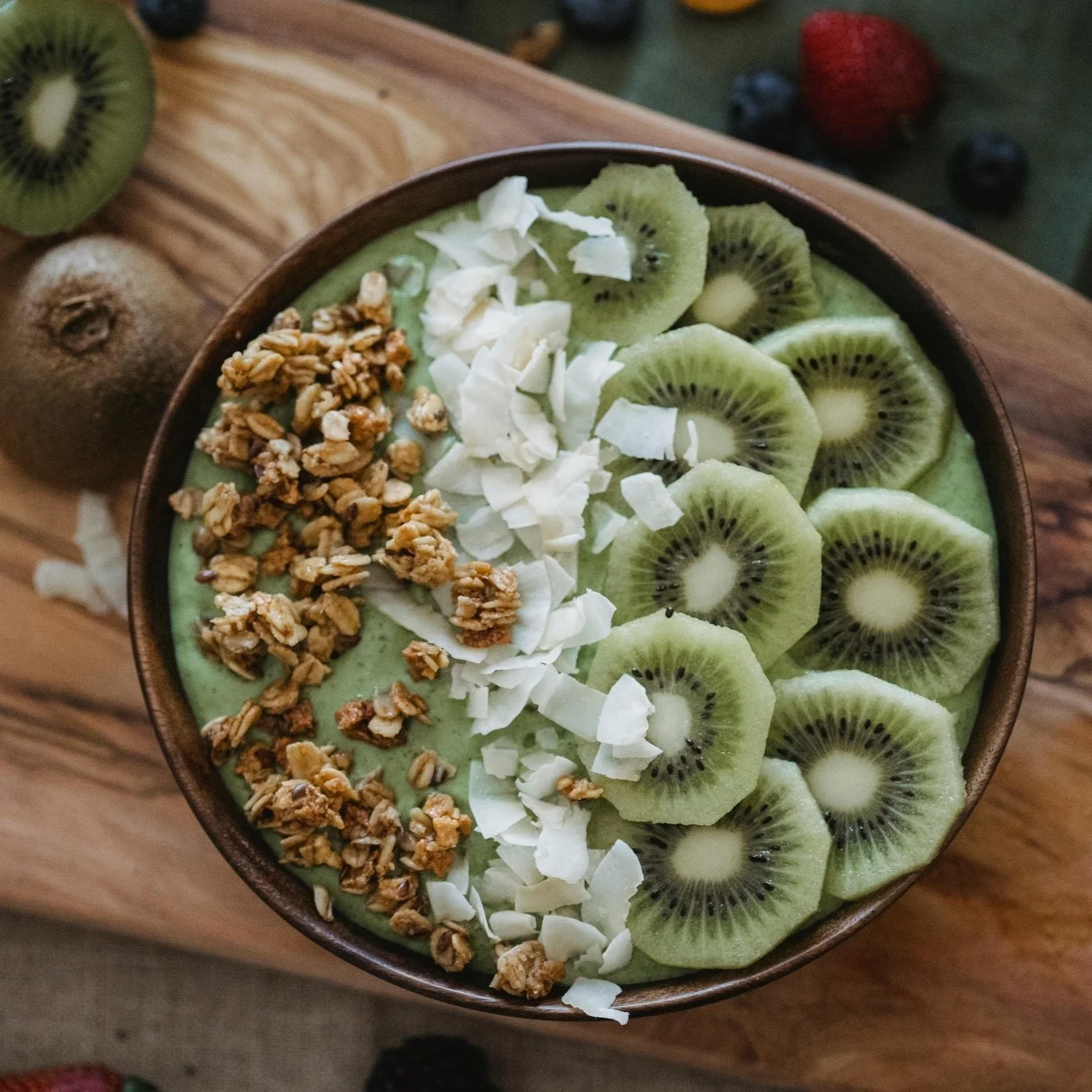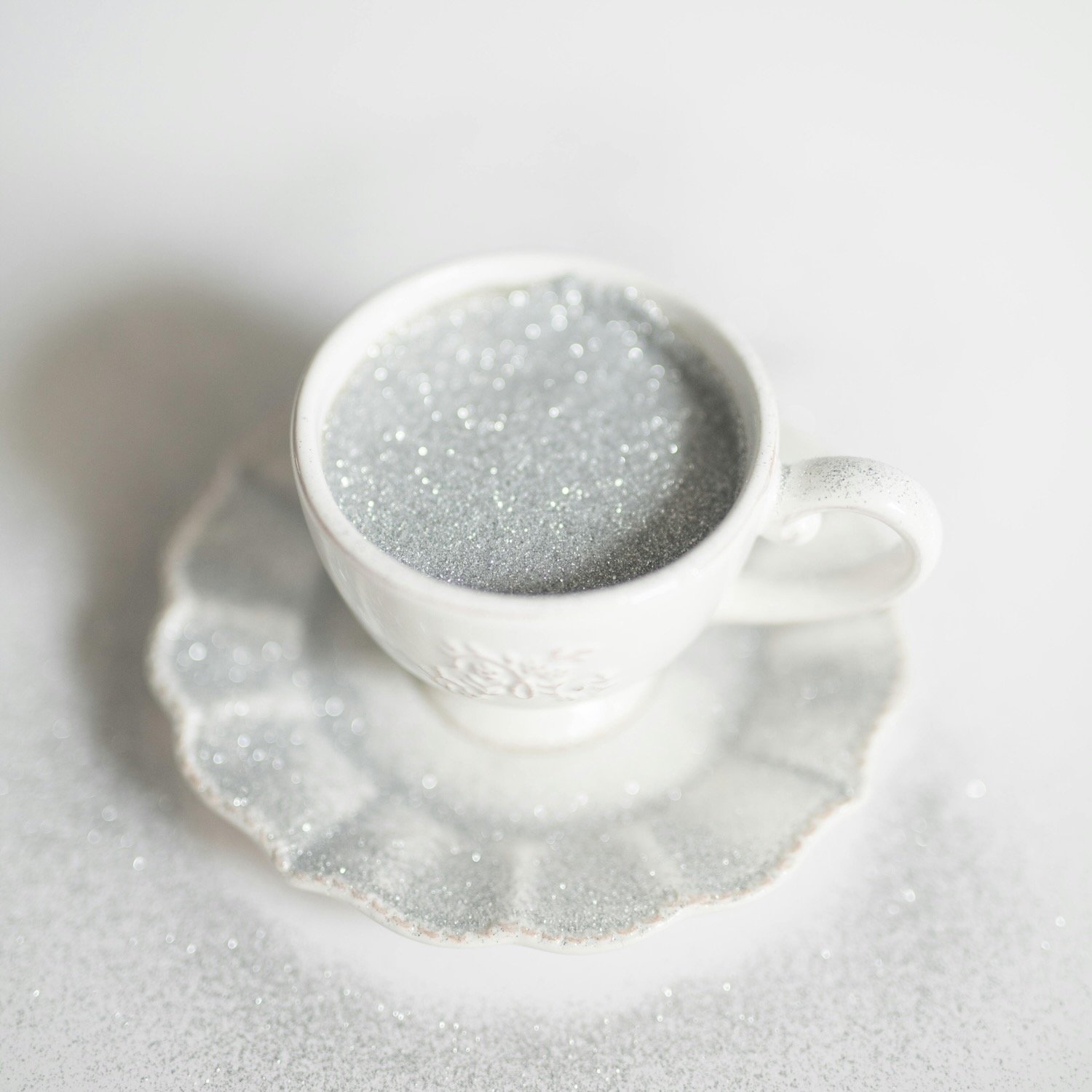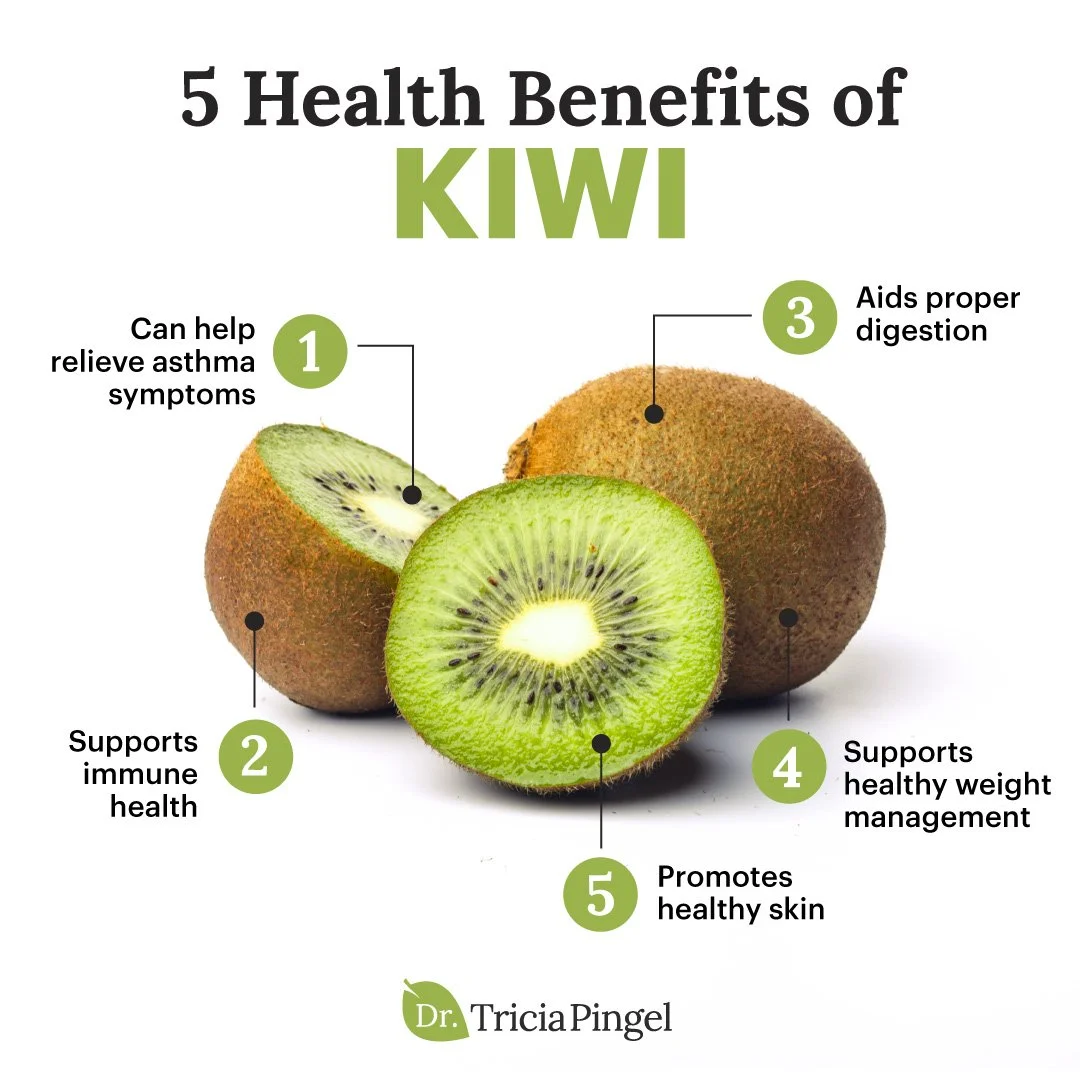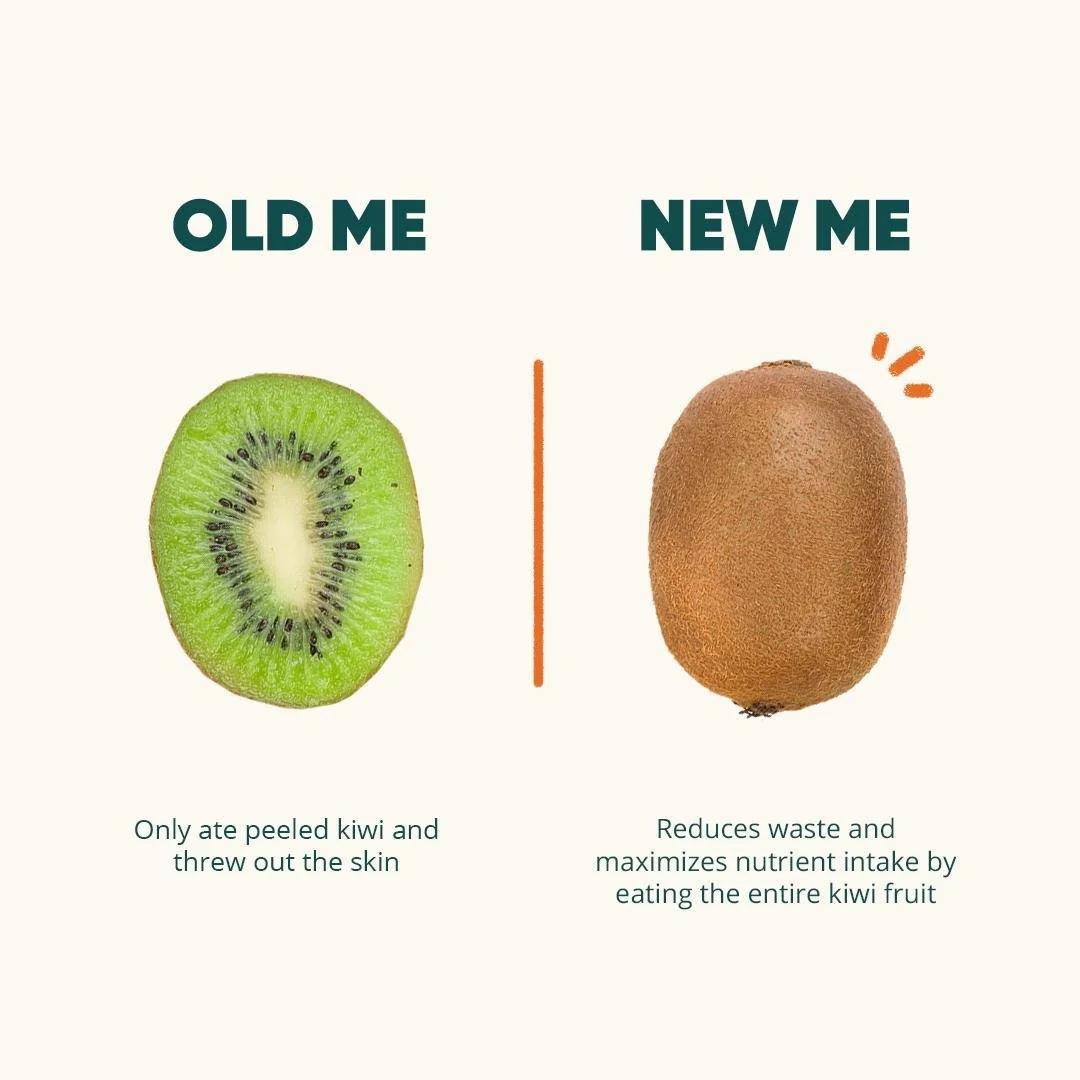This Unexpected Fruit Will Boost Your Vitality And Mood In Just 4 Days
Sidenote: It’s delicious.
by The Candidly Team
We love a suspenseful title. An intro not so much.
The fruit is KIWI!!!!!
A recent study showed that eating kiwi boosts mood and vitality in as little as 4 days, and that good feeling actually peaks on days 14-16. A big reason for this is attributed to the fact that kiwi has a glorious dose of vitamin C (a single serving of kiwi, which is 2 fruits, has more vitamin C than 2 oranges).
A healthy dose of vitamin C intake is associated with:
improved mood
vitality
well-being
lower depression
But here’s the interesting bit, participants who just took a vitamin C supplement didn’t see the same level of mood improvement as the group eating two kiwis a day.
"It's great for people to know that small changes in their diet, like adding kiwifruit, could make a difference in how they feel every day," said the study’s co-author Professor Tamlin Conner.
All of this reminds us, once again, of the rewards of getting our vitamins through whole foods when we can. And in the case of kiwi, we’re talking really whole, because the skin actually carries a good percentage of the fruit’s fiber, folate, and vitamin E, a tidbit of knowledge we might not have learned if not for this debate-sparking video (the internet is dumb) of the lovely Jenna Ortega:
Sometimes we can learn something from the 21-year-olds of Tik Tok.
So let’s talk about the many benefits of making kiwi a thing in your diet:
Vitamin C: A single kiwi contains about 70-85% of our daily vitamin C recommendation. Vitamin C famously boosts our immunity and helps wounds heal, but the high levels found in in kiwifruit can also improve iron bioavailability, meaning it makes it easier for our body to absorb iron.
Fiber: Kiwi can be of major assistance to digestion and gut health. It’s rich in fiber, which helps you go to the bathroom more easily and feel less bloated along with a slew of other incredible assists like helping you absorb more nutrients, detox the body, boost your metabolism, and maintain your blood sugar.
Vitamin E: Kiwi has more vitamin E than many other commonly eaten fruits. Vitamin E can boost immunity, might lower cancer and heart disease risk, and improve skin and eye health.
Potassium: A kiwi has almost as much potassium as a banana, a heart healthy mineral with a wild number of rewards.
Folate: Kiwi is a decent source of folate, which helps with healthy cell function and growth as well as the forming of red blood cells. It’s especially important during pregnancy.
Prebiotics: Kiwi also has prebiotics, which according to the Cleveland Clinic, “are necessary for probiotics, or friendly bacteria and yeasts, to grow in your gut.”
Since a single serving is considered 2 kiwifruit, here’s a breakdown of what you’ll be getting nutritionally from eating 2 a day:
Calories: 84
Vitamin C: 213%
Dietary Fiber: 4.2 g (16% daily value)
Potassium 430 mg (12% daily value)
Additionally, kiwis are lower in sugar and have a low glycemic index for a fruit. One study even found that eating 2 of them an hour before going to bed led to better sleep.
How To Eat It
With their sweet tang, kiwis are amazing in smoothies and salads. We also sprinkle them into cottage cheese or Greek yogurt for a more tropical version of THIS perfect breakfast.
Eat It Whole: To make sure you get the 50% more fiber that’s present in the kiwi skin, give the fruit a good scrub and eat it whole. Green kiwis have a fuzzy skin, where gold kiwis’ skin is smooth. But you can always blend it up into a smoothie if the texture just isn’t for you.
Try The Gold: As we mentioned golden kiwis have a smoother skin, which may make them more pleasant to eat apple-style. They also contain even more vitamin C than green. One study even showed that eating golden kiwi daily might reduce body fat.
And so, green or gold, this is one to add to your shopping list.
This article is for informational purposes only. It is not intended to be used in place of professional advice, medical treatment, or professional care in any way. This article is not intended to be and should not be a substitute for professional care, advice or treatment. Please consult with your physician or healthcare provider before changing any health regimen. This article is not intended to diagnose, treat, or prevent disease of any kind. Read our Terms & Conditions and Privacy Policy.










